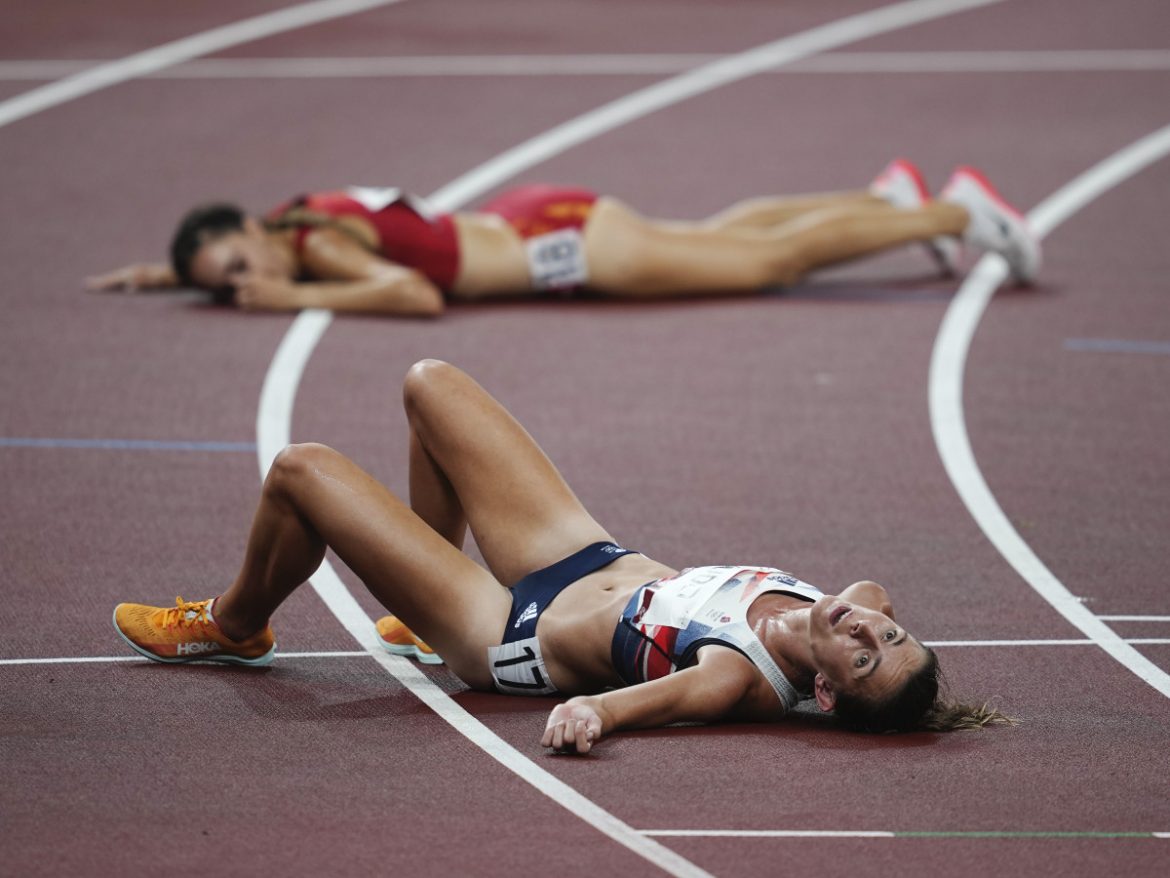World Athletics president and former Olympian, Sebastian Coe has said long distance running events may have to be “decoupled” from athletics championships due to climate change that has led to soaring temperatures that could now make such events unsafe during summer.
“The fact is we now live in a world that is changing very fast, and climate change is in so many ways impacting on things that we do. I think we’re going to have to look at the calendar in a very different way in the years to come. I can’t see how any of the immediate (heat) challenges are going to be resolved in the foreseeable future,” Coe was quoted as saying ahead of the World Cross-Country Championships in Australia.
As global temperatures continue to rise with countries recording warmer climates, events such as the Summer Olympics and World Athletic Championships that are held during Europe’s warmer months are now becoming more of a problem
Many competitors complained about the heat and humidity at the Tokyo Olympics in 2021 where an archer fainted, and athletes competing in the triathlon had to be helped off the track after their races.
Coe indicated that the Olympic organizing committee should think about the changing global temperatures when planning events.
Read also: EU new scheme on climate change could see flight prices increase by 2025
“Had the (2024) Paris Olympic Games been last summer or the summer before, you would have been in exactly the same situation,” he said.
“So I think we are going to have to spend a great deal of time thinking about what the calendar looks like and maybe… uncoupling some of the tougher endurance events from our world championships in the summer months.”
Human-induced warming reached approximately 1°C above pre-industrial levels in 2017 and could be on track for 1.5 degrees by 2024 as the UN has warned that existing climate pledges provide ‘no credible pathway’ to preventing temperature rises above 1.5 degrees on pre-industrial levels.
At 1.5 degrees warming, about 14 percent of Earth’s population will be exposed to severe heatwaves at least once every five years, while at 2 degrees warming that number jumps to 37 percent.
Story was adapted from Euronews
